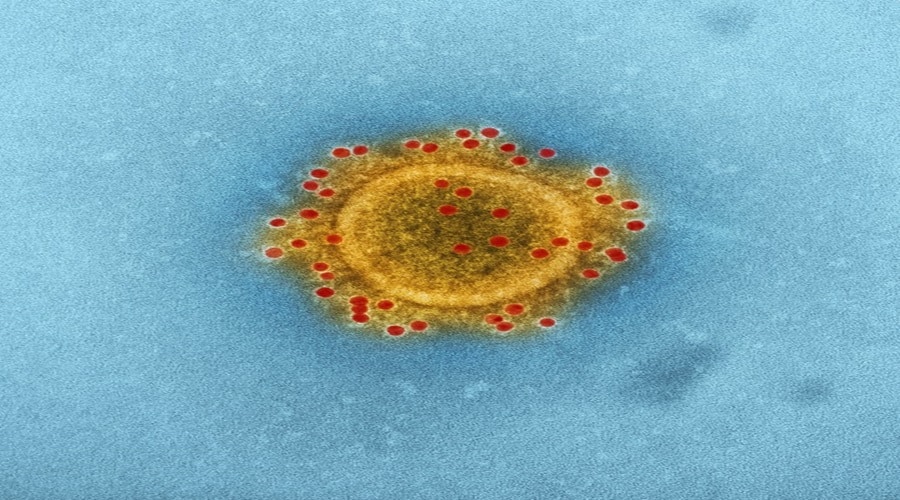Understanding the Rise of Pandemics in Recent Years: Climate Change

The world has witnessed a troubling increase in pandemics in recent years. Experts attribute this rise to disruptions in the planet’s ecosystems caused by human activities. Infectious diseases, which have historically led to significant loss of life, are now appearing with alarming frequency. This trend raises serious concerns among scientists and public health officials. Although advancements in medicine, such as vaccines and antibiotics, initially seemed to control these outbreaks, the emergence of diseases like HIV/AIDS, SARS, and COVID-19 reveals ongoing challenges. Understanding the underlying factors driving these pandemics is crucial for preventing future outbreaks.
Ecosystem Disruption and Its Role
Recent research from the University of Adelaide highlights the critical role of ecosystem disruption in the emergence of pandemics. Healthy ecosystems maintain natural balances that regulate diseases. These balances include predator-prey dynamics and the growth of vegetation. When human activities, such as deforestation and climate change, disrupt these ecosystems, pathogens can spread more easily. For example, climate change has allowed disease-carrying mosquitoes to expand their range into areas that were once temperate. This shift increases the risk of diseases like malaria and dengue fever in new regions.
Moreover, habitat destruction often forces wildlife into closer contact with human populations. This proximity can facilitate the transmission of diseases from animals to humans, known as zoonotic diseases. The alteration of natural habitats creates conditions where pathogens can thrive and jump species. As ecosystems continue to be disrupted, the likelihood of new infectious diseases emerging increases. Therefore, addressing ecosystem health is essential for preventing future pandemics. Protecting and restoring natural environments can help maintain the delicate balance necessary for regulating disease.
The Impact of Biodiversity Loss
Biodiversity loss plays a significant role in the rise of infectious diseases. Reports indicate that as biodiversity declines, opportunities for pathogens to transfer from wildlife to humans increase. A notable example is the vampire bats in South America. Deforestation and agricultural expansion have created new feeding grounds for these bats, leading to the spread of rabies. Similarly, the HIV virus is believed to have emerged from the hunting of apes for food, eventually leading to a global pandemic.
These cases illustrate the direct link between human activities and the emergence of zoonotic diseases. When natural habitats are destroyed, the complex interactions between species are disrupted. This disruption can lead to an increase in disease-carrying organisms and a higher risk of transmission to humans. Protecting biodiversity is not just an environmental issue; it is a public health concern. By preserving diverse ecosystems, we can reduce the risk of future pandemics and protect human health.
The Importance of Planetary Health
Experts are increasingly advocating for a “planetary health” approach to address the interconnectedness of human health and the natural environment. This strategy emphasizes the need to tackle fundamental drivers of pandemics, such as climate change, while also addressing immediate causes like wildlife-human interactions. By understanding the links between ecological health and human well-being, we can develop more effective strategies for preventing future outbreaks.
Educational institutions are beginning to integrate planetary health into their curricula. This approach equips future leaders with the knowledge and tools needed to mitigate pandemic risks. It is essential to foster a generation that understands the importance of ecological preservation and its impact on public health. Without addressing the root causes of pandemics, the likelihood of future outbreaks remains significant. Efforts to balance human development with ecological preservation are crucial for safeguarding global health. By prioritizing planetary health, we can create a safer and healthier future for all.
Observer Voice is the one stop site for National, International news, Sports, Editor’s Choice, Art/culture contents, Quotes and much more. We also cover historical contents. Historical contents includes World History, Indian History, and what happened today. The website also covers Entertainment across the India and World.

